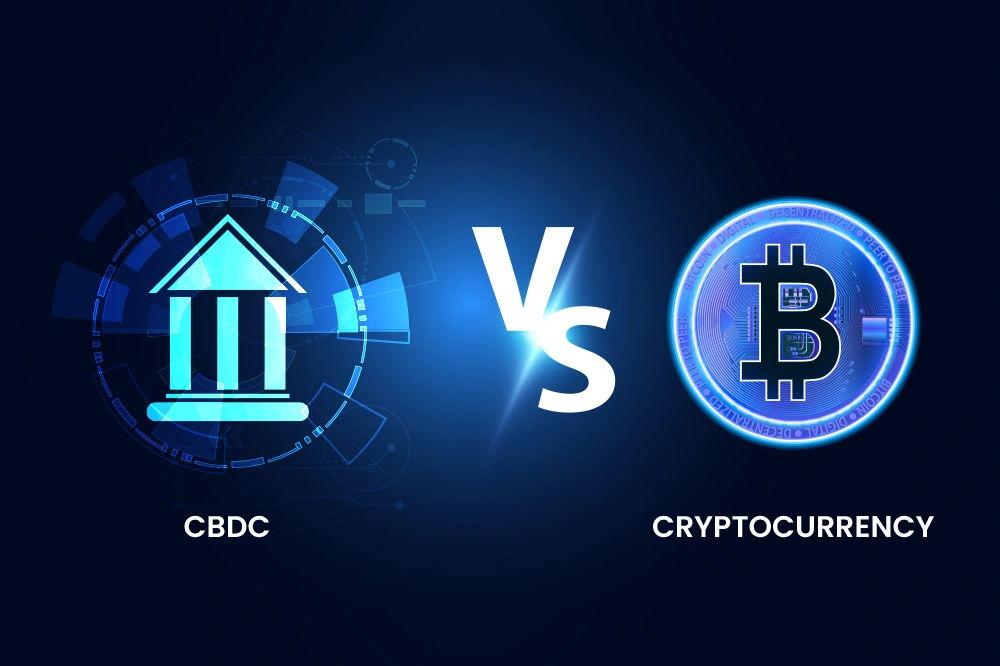For many, owning a home is an exciting dream, and one of the best ways of achieving that is through a mortgage. Taking on a mortgage is necessary if you don’t have the cash to pay the cost of a home upfront. Several real estate investment consulting firms offer incredible benefits, such as investment in property opportunity zones.
In fact, when choosing the best mortgage option, it’s crucial to have clear facts about how much money you’ll need to present, how high your credit score should be, and whether you’ll need extra money to pay for the mortgage insurance.
If you’re considering taking a mortgage but are unsure where to start, let alone which loan to take, keep reading. In this article, we discuss three of the best mortgage options–conventional loan, FHA, and VA loan–their differences and advantages.
FHA Loan
The Federal Housing Administration (FHA) insures an FHA loan. If you have low credit scores, then you should probably apply for the FHA loan. Moreover, FHA loans require a lower down payment compared to conventional loans.
To borrow the value of a home using FHA, arm yourself with a 580 credit score and a 3.5 % down payment.
With an FHA loan, you don’t get the loan directly from the FHA. Instead, the FHA guarantees and insures your loan from approved lenders, banks, or financial institutions. As such, your lender is at a lesser risk because the FHA will pay the claim if you default.
FHA borrowers who get approved must purchase mortgage insurance and make premium payments to the FHA.
FHA Loan Requirements For 2021
The FHA-approved lender will gauge your qualifications as it would any mortgage applicant. However, instead of evaluating your credit report, a lender may scrutinize your work history and payment records for the past two or three years.
Additionally, you need a front-end debt ratio (your monthly mortgage payments, mortgage taxes, and insurance) at a maximum of 31% of gross monthly income and a back-end debt ratio (your mortgage payment plus all other monthly debts) at a maximum of 43% of gross monthly income.
However, it’s crucial to note that the lower your credit score and down payment, the higher the interest rate you’ll need to pay on your FHA mortgage.
Advantages
● You don’t need exceptional credit scores.
● Low down payments.
● You can build your equity sooner and stop renting earlier.
● Suffering from bankruptcy or foreclosures does not hinder your ability to get an FHA mortgage.
Disadvantages
● Since you have a poor credit score, one requirement is paying mortgage insurance upfront and annually to protect the lender from default risks.
● You’ll have to meet stringent property requirements.
● You will pay higher interest rates to compensate for the low down payment.

Conventional Loans
Like any other ordinary loan, the government does not back or insure this mortgage loan. Instead, private lenders guarantee it, while the borrower pays the insurance. Conventional loans are available through various mortgage lenders, such as banks, credit unions, and online lenders.
There are two types of conventional loans–fixed and adjustable-rate loans. A fixed-rate conventional loan charges constant interest, while an adjustable-rate conventional loan changes interest rates according to market conditions.
Conventional loans are riskier because the government does not back them. Therefore, it can be harder to meet the requirements than FHA or VA loans.
Conventional Loan Qualifications
Build up your credit score to 620 and have at least a 3% down payment to be eligible for a traditional mortgage loan.
The private lenders will verify your documentation, including recent payment records, bank statements, tax returns, and other financial information. They want to ensure you have a solid income that can meet monthly mortgage payment obligations on time.
Next, the lender will evaluate your debt-to-income (DTI) ratio (other debts you need to pay each month, including loans and credit card debt). The DTI ratio should not exceed 43%, although some might exempt a ratio of up to 50%.

Advantages
● You can cancel the mortgage insurance once you reach 20% equity in the home.
● They offer flexible repayment terms.
● The conventional loan rate is lower than FHA loans.
● Conventional loans are flexible and offer options for second homes and other similar real estate investment opportunities. This means the borrower does not have to occupy the property.
Disadvantages
● They do not allow projection-based financing
● Require a lot of collateral
● They feature restrictive agreements.
VA Loans
A Veterans Affairs (VA) loan is a mortgage loan established and backed by the U.S. Department of Veterans Affairs. They are available to service members, veterans, or those who were discharged.
Private lenders, such as mortgage institutions and banks, provide these loans. However, if the borrower defaults, the VA offers a settlement.
Who Qualifies For A VA Loan?
You must complete 181 days of active service during peacetime and at least 90 consecutive days of active service during wartime. Alternatively, you must be the spouse of a service member who lost their lives in the line of duty or who has a service-connected disability.
Advantages
● No down payment
● Lowest interest rates
● No mortgage insurance
● You can finance the total value of the home

Disadvantages
● Mandatory funding fee
● Strict appraisal and inspection
Which Is Better?
To find the best option between FHA vs. Conventional vs. VA loans, you need to consider your preferences, needs, finances, and qualifications.
While the VA is exceptional as there are no down payments necessary, only war veterans or their spouses qualify. You don’t need exceptional credit history to get an FHA loan, but that also means high-interest rate payments and mandatory insurance payments.
On the other hand, a conventional loan offers flexible repayment terms, and you can opt-out of insurance payments once you get to 20% equity. Choosing one over the other will depend on your financial situation.
Apart from that, one can avail several benefits through diversifying their portfolio. For example, you can save money on taxes by following the 1031 exchange process and making wise investment decisions.
www.redpillkapital.com
If you simply need more information. have questions, or want to discuss a specific deal, I’m always excited to help. Reach out to me at info@redpillkapital.com
If you are ready to start your journey to financial freedom but want specific additional educational materials, we have a course designed for physicians.






